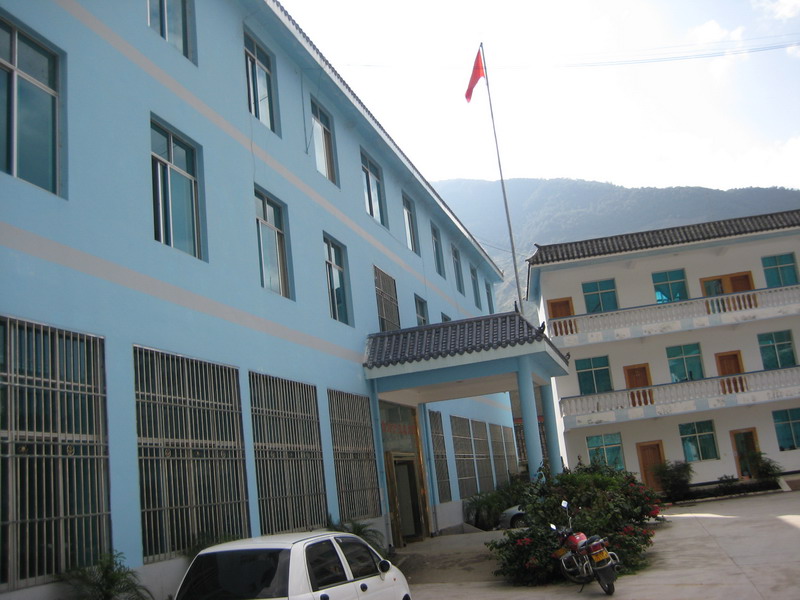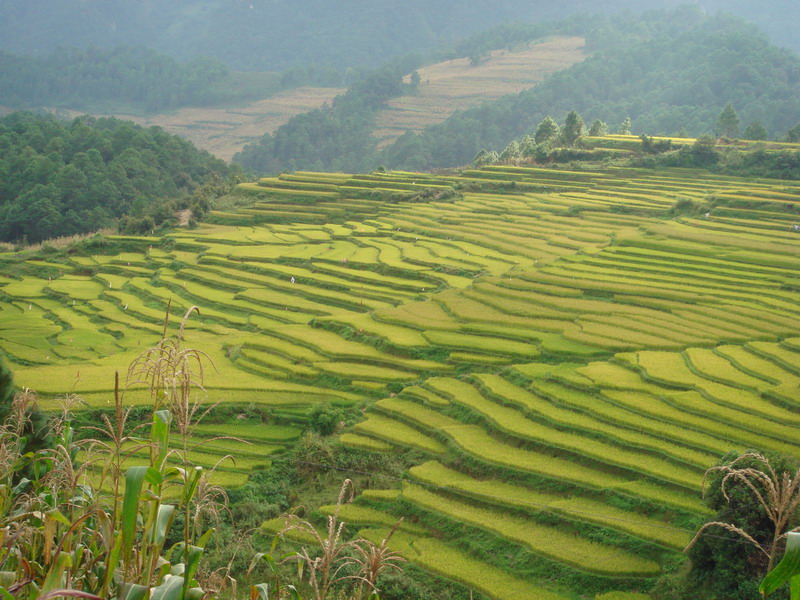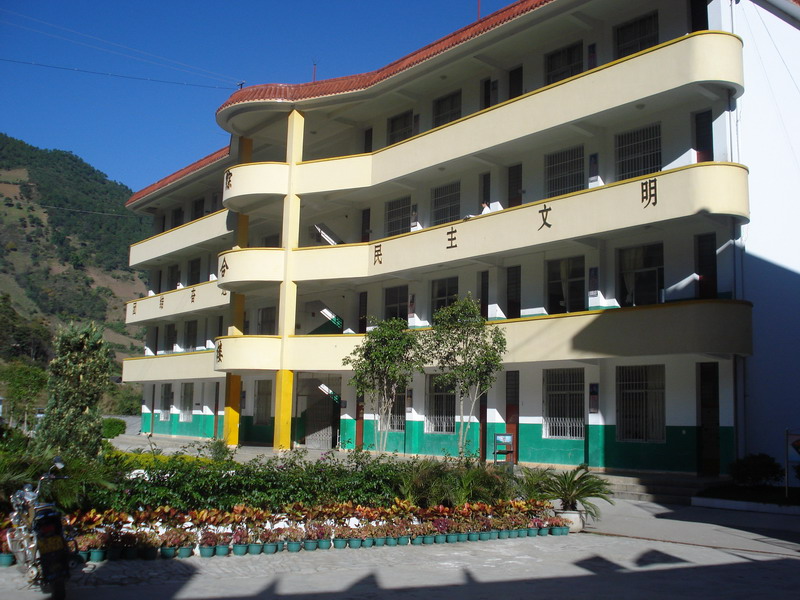
Laowo Bai Ethnic Town of Lushui City, Nujiang
Chinese Name: 泸水市老窝白族乡
English Name: Laowo Bai Ethnic Township of Lushui City, Nujiang
Laowu Bai Ethnic Township, Lushui City




Chinese Name: 泸水市老窝白族乡
English Name: Laowo Bai Ethnic Township of Lushui City, Nujiang












Address: Building 4, Yifuyuan, Hehong Road, Xishan District, Kunming, Yunnan, China
Wechat/QQ: 270384698
Office Call: 86-18812220370
Email: Trip@YasoTrip.com
Facebook Page:
https://www.facebook.com/YasoTrip
Tel/WhatsApp: +8618088243690
Trip@YasoTrip.com
Daily: 9:00 am - 6:00 pm
Copyright © 2008 Yaso Trip. All rights reserved
Address: Building 4, Yifuyuan, Hehong Road, Xishan District, Kunming, Yunnan, China
Wechat/QQ: 270384698
Office Call: 86-18812220370
Email: Trip@YasoTrip.com
Facebook Page:
https://www.facebook.com/YasoTrip
Tel/WhatsApp: +8618088243690
Trip@YasoTrip.com
